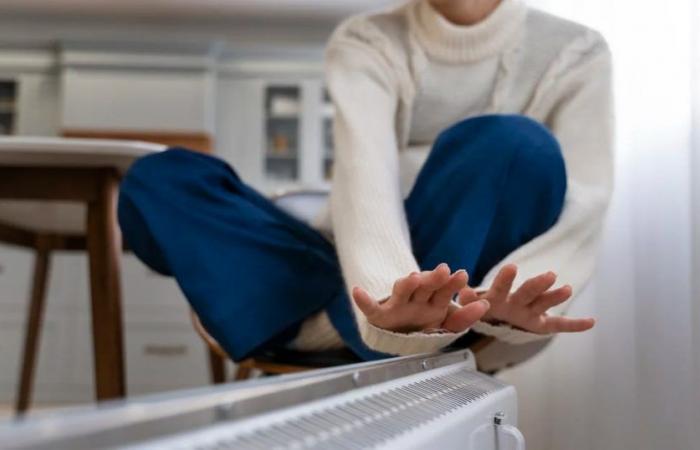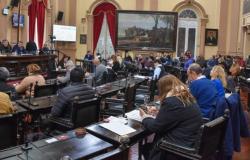The current situation requires a delicate balance between both options, especially in a context of constant economic changes and politicians that deeply impact the sector.
The Argentine government has a crucial role in the import regulation, which directly affects local production. Producing locally today is more expensive than importing finished products of similar characteristics and qualities, which means that it is economically more profitable to import finished products than produce them. Even so, we have restrictions when it comes to paying an advance to our suppliers abroad, either to give them an advance to start production or to make a deferred payment due to the restrictions implemented by the current government.
To make a deferred payment we must register the import operation in Argentina and only then pay with the four-installment plan, which means that the first installment is paid 30 days from the date of officialization of the import clearancecompleting the payment at foreign supplier 120 days after the import is registered.
Within the premium heating sector, where there are products such as boilers, pool heaters, radiators and water heaters, the import of inputs High quality European, or from China is essential. However, restrictions on payments abroad make it difficult to maintain a constant supply of these inputs, affecting availability and local production.
Furthermore, there is a general preconception that all Chinese products are of low quality, but this is not always the case. In fact, many Chinese products meet high quality standards and can be a viable solution.
It must be understood that at different foreign suppliers It is more profitable for them to produce in China or Asian countries than in their country of origin, this means that they derive production in Asian countries using the same technology and the product is the same. Not because it is Chinese the quality is lowerbut they move production to Asian countries.
The balance between national and imported is essential. Currently, the import restrictions have not relaxed enough, which continues to cause problems in the supply chain.
Companies must be prepared for the next four years, knowing that the economic landscape could change dramatically with a new government. It is essential to have a plan B to adapt to future changes and maintain a local productioneven if it is minimal, developing new projects looking to the future.
Foreign trade will always exist, even if there are tariff obstacles or interventions by third parties that make it difficult to release the place. The main current barrier is ability to import and pay to foreign suppliers. Currently, there are few suppliers that accept payment within 120 days from the date of official import clearance and advance payments They are not a viable option in Argentina at the moment. Although dollars are available, the government implemented the payment in 4 installments, which adds another layer of complexity to the situation.
The country’s resilience is notable, but constant fluctuations in balance of trade they complicate the situation. In the premium heating sector, customs interventions and lack of information are recurring problems. Customs frequently challenges interventions by third parties or discrepancies regarding import declarations, which implies delays that can result in sales losses already committed in the middle of the winter season.
Bureaucracy is also an obstacle. Within the region, Argentina and Brazil still use paper documents and require different interventions to present at customs, despite advances in technology and digitalization.

In general, Argentine companies purchased products and supplies to have a stock and continue with minimum production before the change of government, avoiding losses and beating inflation. However, this is not understood in European countries or other regions, where inflation is very low or does not exist.
Additionally, companies often have warehouses in Chile or Uruguay, where it is more viable to store products and the costs are lower to then import to Argentina. Geographic complexity also plays a crucial role. In 2014, a well-known port terminal was inaugurated in the Berisso area to facilitate ship traffic, but the largest flow of ships arrives at the Port of Buenos Aires.
What’s more, the lack of advance payments and deferred, and uncertainty about the trade balance complicate commercial relations with foreign suppliers.
Although the situation has improved slightly, it is still far from ideal. Public works decreased significantly, affecting tender closures and lowering sales, which creates an environment of uncertainty. The critical loads and important imports have not recovered the level of movement of last year or previous years, which reflects a notable lack of confidence and stability in the market.
The “Now 4” has not solved the problems of different industries. The BOPREAL bonds They are expensive and there is always a balance to pay. Not all companies have access to these bonuses. Until the trade balance improves, it is difficult to foresee a sustainable solution in the short term.
In conclusion, the heating sector in Argentina (like other industries that import) faces numerous challenges that require a balanced strategy between local production and imports. Companies must adapt to constantly changing economic and political conditions, always maintaining a plan B. Argentina’s resilience and ability to adapt are essential to survive in this dynamic and complex environment.






